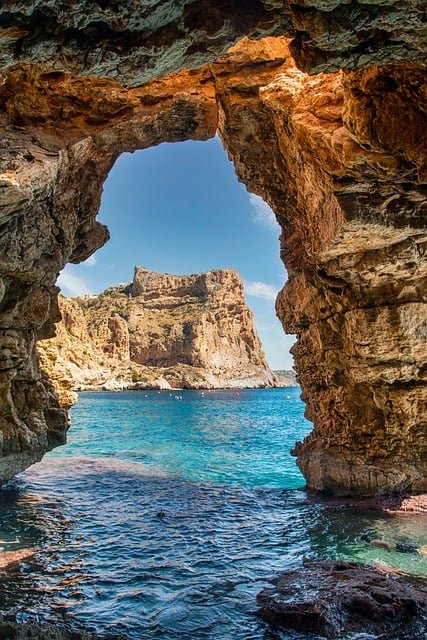Choosing the right wine cooler is essential for any enthusiast seeking to preserve their collection’s integrity. This article explores the critical factors of temperature stability and humidity control, explaining how advanced technology in modern units protects your investment and ensures every bottle is served at its absolute best.
The Critical Role of Temperature Stability
Consistent temperature is the single most important factor in wine preservation. Fluctuations cause the liquid to expand and contract within the bottle, which can push the cork out slightly, allowing oxygen to seep in. This oxidation process rapidly degrades the wine, leading to spoiled flavors and a loss of aroma. A study by the University of California, Davis, Department of Viticulture and Enology has long emphasized that the ideal storage temperature for long-term aging is a consistent 55°F (13°C), with a permissible range of 45–65°F (7–18°C) if absolutely steady.
Modern wine coolers are engineered to eliminate these damaging swings. Using sophisticated compressor or thermoelectric cooling systems, they maintain a set temperature within a single degree. This precision creates a dormant environment where the wine can mature slowly and develop complex characteristics as intended by the winemaker, rather than being prematurely aged by a volatile climate.
Humidity Control and Protection
While often overlooked, humidity plays a supporting yet vital role. The right humidity level, ideally between 50-70%, keeps the natural cork from drying out. A dry cork will shrink and crack, irrevocably breaking the seal and exposing the wine to air. Conversely, excessive humidity can promote mold growth on labels and capsules, damaging the bottle’s presentation and potentially its resale value. High-quality wine storage units address this through integrated humidity control features, some even incorporating natural materials like cedarwood shelves that passively help regulate moisture levels.
This combination of precise temperature and balanced humidity is what separates a specialized appliance from a standard refrigerator. Standard fridges are designed for low humidity to keep food dry, which is detrimental to corked wines. Investing in a dedicated wine cooler is an investment in the longevity and quality of your collection, ensuring that each bottle remains in pristine condition until the moment it is opened and enjoyed.
Ultimately, proper wine storage hinges on mastering the environment within your cooler. By prioritizing unwavering temperature stability and balanced humidity control, you actively protect your collection from deterioration. This careful stewardship guarantees that every bottle, whether a casual drink or a treasured vintage, reaches its full potential and provides a perfect drinking experience.
